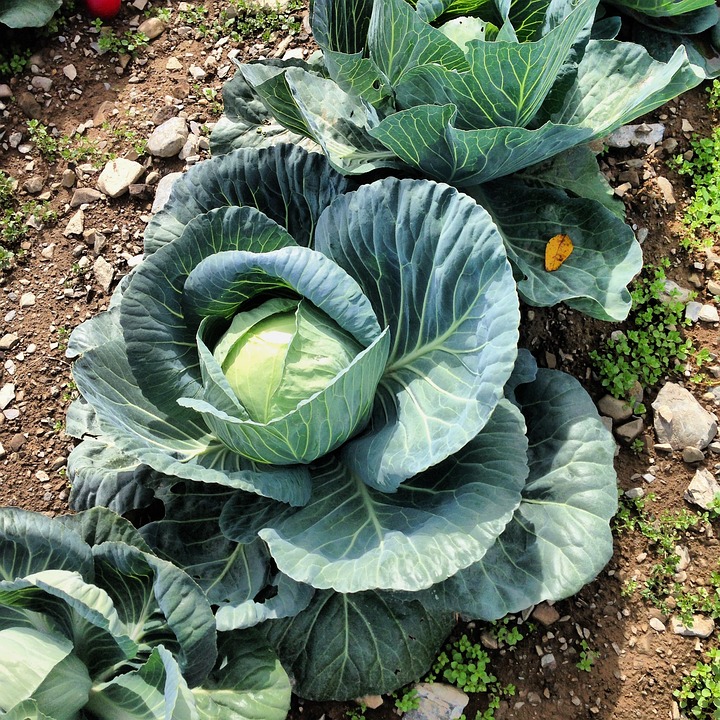Grow Your Own Sustainable Garden With These Environmentally Friendly Plants
Living off the grid has always been a dream of mine, and sustainable farming and gardening have become a passion of mine over the years. There’s something truly satisfying about growing your own food and knowing that it’s been done in an environmentally friendly way. If you’re looking to start your own sustainable garden, then you’ve come to the right place. In this article, I’ll be sharing some environmentally friendly plants that are perfect for sustainable gardening. From fruits and vegetables to herbs and flowers, there’s a wide variety of plants that you can grow in your sustainable garden. So, let’s get started!
Fruits
When it comes to sustainable gardening, fruits are a great addition to any garden. Not only are they delicious and nutritious, but they also provide a natural source of sweetness without the need for artificial sugars. Some environmentally friendly fruits to consider growing in your garden include:
– Berries: Strawberries, blueberries, raspberries, and blackberries are all easy to grow and require minimal maintenance. They’re also packed with antioxidants and vitamins, making them a great addition to your diet.
– Apples: Apples are a staple fruit that can be used in a variety of dishes, from pies to salads. They also store well, so you can enjoy them throughout the year.
– Citrus fruits: Lemons, oranges, and limes are all great options for sustainable gardening. They’re not only delicious but also high in vitamin C, making them a great addition to your diet.
Vegetables
Growing your own vegetables is one of the most sustainable ways to feed your family. Not only are they packed with essential nutrients, but they also require minimal transportation and packaging. Some environmentally friendly vegetables to consider growing in your garden include:
– Tomatoes: Tomatoes are easy to grow and can be used in a variety of dishes. They’re also high in lycopene, a powerful antioxidant that has been linked to numerous health benefits.
– Leafy greens: Lettuce, spinach, and kale are all great options for sustainable gardening. They’re packed with essential vitamins and minerals, making them a great addition to any meal.
– Root vegetables: Carrots, beets, and radishes are all easy to grow and store well. They’re also packed with fiber, making them a great addition to your diet.
Herbs
Herbs are a great addition to any sustainable garden. Not only do they add flavor to your dishes, but they also have numerous health benefits. Some environmentally friendly herbs to consider growing in your garden include:
– Basil: Basil is a versatile herb that can be used in a variety of dishes, from pasta to salads. It’s also packed with essential nutrients, such as vitamin K and iron.
– Rosemary: Rosemary is a fragrant herb that is great for seasoning meats and vegetables. It’s also high in antioxidants, making it a great addition to your diet.
– Mint: Mint is a refreshing herb that can be used in both sweet and savory dishes. It’s also high in antioxidants and has been linked to numerous health benefits.
Flowers
While flowers may not be typically associated with sustainable gardening, there are actually several environmentally friendly options that can be grown in your garden. Some environmentally friendly flowers to consider growing in your garden include:
– Sunflowers: Sunflowers are not only beautiful to look at, but they also provide seeds that can be roasted and eaten. They’re also great for attracting bees and other pollinators to your garden.
– Lavender: Lavender is a fragrant flower that can be used in a variety of dishes, from baked goods to teas. It’s also known for its calming and soothing properties.
– Marigolds: Marigolds are not only beautiful to look at, but they also repel pests and attract beneficial insects to your garden. They’re also edible and can be used in salads and soups.
Pro Tips
– Start small: If you’re new to sustainable gardening, it’s best to start small and gradually expand your garden as you gain experience.
– Companion planting: Certain plants can benefit from being grown together, so do some research on companion planting to maximize the productivity of your garden.
– Utilize compost: Instead of using chemical fertilizers, consider utilizing compost to nourish your plants. It’s a natural and sustainable way to improve the fertility of your soil.
In conclusion, there are countless environmentally friendly plants that you can grow in your sustainable garden. Whether you’re interested in fruits, vegetables, herbs, or flowers, there’s a wide variety of options to choose from. By growing your own food in an environmentally friendly way, you’ll not only reduce your carbon footprint but also enjoy the satisfaction of knowing exactly where your food comes from. So, roll up your sleeves and get ready to grow your own sustainable garden!



